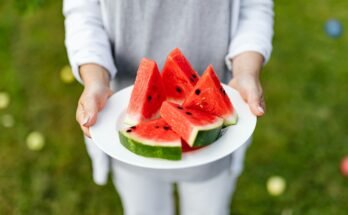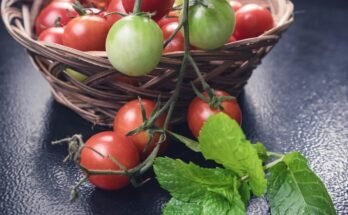Food is any material that is taken in to give, energy and support growth in the body. It is usually, foliage, animal or even fungus based and consists of elements that are necessary for growth, energy, and maintaining life like; carbohydrates, fats, proteins, vitamins or minerals. Such elements are vital since they assist in any growth, and provide energy as well as in the sustaining of life.
Food Classification.
Fruits and Vegetables:
Fruits: Have The Other Ingredients Such As: Apples, bananas, berries, citrus fruits among many others. Vegetables: Leafy greens, root vegetables, and cruciferous vegetables among others.
Grains And Cereals:
Whole grains such as whole wheat cereals, whole rice, oatmeal, and barley and other products of such.
Protein Distribution:
Animal based if sourced include, Meat, game meet, fish and fish products, eggs, and use of dairy, and animal sourced products. Plant sources: beans, lentils, soya beans, nuts, clods and seeds.
Fats And Oils:
for butter, oil (olive, coconuts, and flower) as well as nuts and clots.
Sweets and Snacks
sweets chocolates chips pastries and many others.
Food Functions
The Generation of Energy
The two main sources of energy in the body are carbohydrates and fats.
Production and Growth
Tissues are formed, maintained, and replaced predominantly by proteins; thus, they are important macromolecules.
Coordination of Various Body Functions:
Vitamins and minerals are important in metabolic and biological processes in the body.
Prevention and Protection Against Diseases:
Oxidants and some vitamins such as C and E that have also an additional function of boosting the immune system.
Nutrition
Nutrition forms an important aspect of life for the appropriate and general – health and wellbeing of an individual. This is the intake of appropriate and sufficient amounts of different foods. Some of the factors involved include;
Diversity: The consumption of different kinds of foods with a view to achieving different nutrients.
Diversity: The consumption of different kinds of foods with a view to achieving different nutrients.
Ration: The consumption of macronutrients ( k cal from carbohydrates, proteins, fat ) and micronutrients ( k cal from vitamins, minerals).
Cultural and Social Aspects
Food is moreover, a very cultural and social aspect. There are many ways in which food can be significant:
Traditions and Celebrations: Most cultures have certain foods specific to holidays, festivals, and even rituals.
Social Ties: Meal sharing in families or communities can be a good way of fostering togetherness.
People: Cuisine is one of the regional and cultural identities.
Modern Food Industry
When one mentions the contemporary food industry, it is quite;
Agricultural: The growing of plants and rearing of animals.
Processing: The altering of basic materials into completed goods.
Distribution: Consideration of getting the food from producers to the end users.
Retail: Supermarkets and grocery shops or any other markets that sell foodstuff.
Challenges and Issues
The food industry has many challenges to deal with.
Sustainability: The need to ensure that food production does not damage the environment.
Food Security: The challenge of providing enough safe and healthy food to all people in the world.
Health Problems: Problems like obesity, hunger, and food related diseases.
In conclusion, food is one of the most essential aspects of our lives since it helps in the provision of building blocks and energy required for healthy functioning. But rather is also essential for culture, economics as well as the social structure, making it one of the important dimensions of human life.



